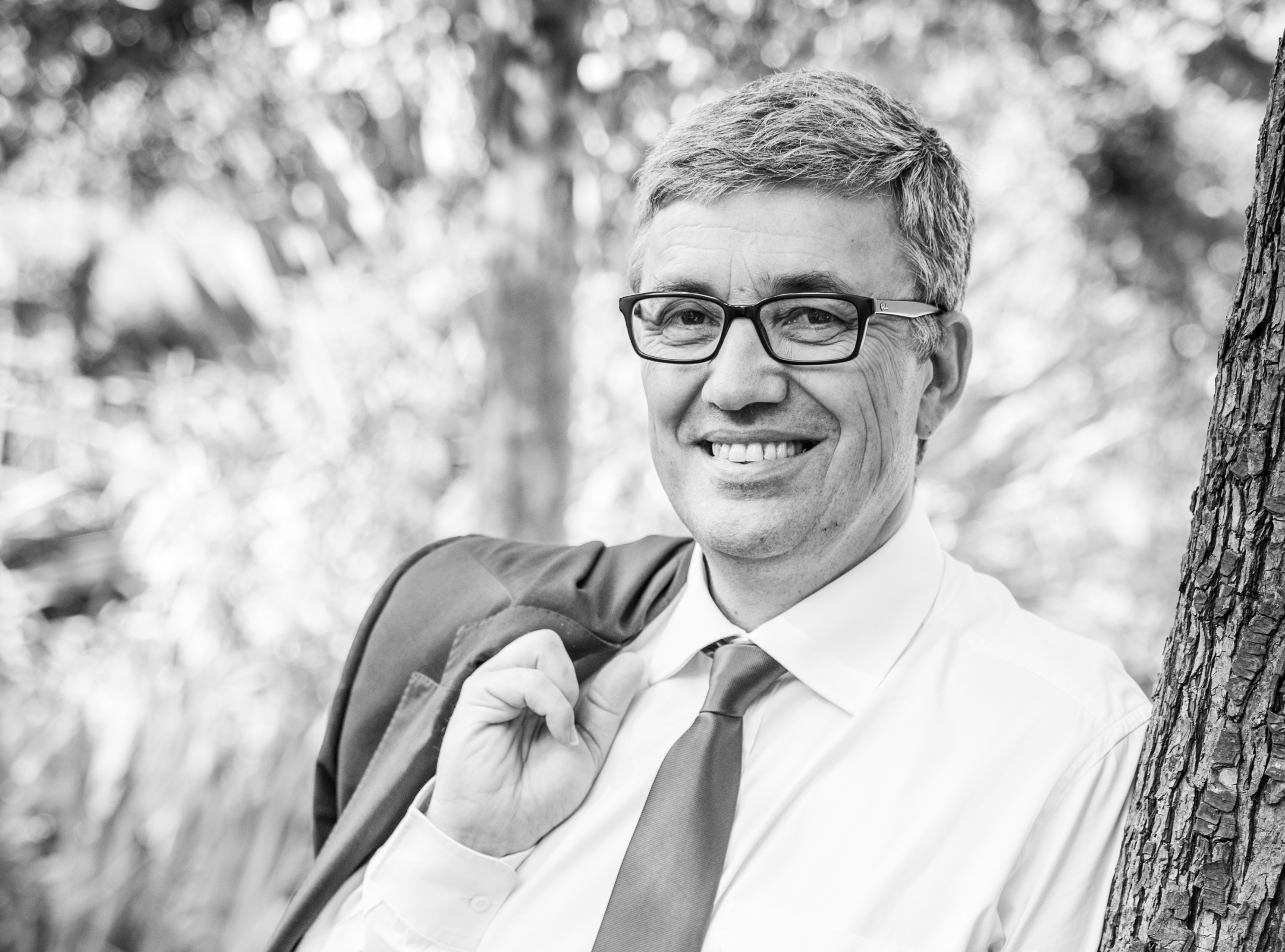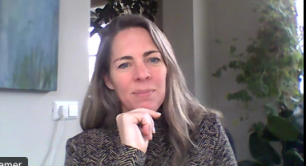Foundations and impact funds are not the cherry on the corporate cake, they are its raising agents
All the components of a company – foundations, impact investment funds and regular business – should work together towards a joint vision of meaningful social impact, said Gilles Vermot Desroches, senior vice president of sustainability at Schneider Electric, at the C Summit on Friday.
Every employee should be involved in the drive towards sustainability, he said – starting with the CEO, who should take the time to be personally involved in defining the purpose of the company, he said.
“For example with [Schneider Electric CEO] Jean Pascal Tricoire we have the dream to provide electricity and digital [services] for everybody on the planet,” said Vermot Desroches, who was addressing a group of corporate social investors. “We know it’s impossible, it’s a big challenge. But we need to support the CEOs to dare to dream. And to dream together.”
We need to support the CEOs to dare to dream. And to dream together
That dream is just the first step, however. “It is not only a question of vision... to have impact, we need to have vision plus action,” he said.
Schneider Electric, an energy tech group headquartered in France, aims to “provide prosperity and sustainability”. It partners with individuals and industries to reduce climate change, and works to provide accessible electricity and digital technologies – “a new basic human right” – to underserved communities, Vermot Desroches explained. For the past 15 years, the company has been working towards those goals, through a philanthropic foundation and three impact investment funds as well as its regular business. Measuring progress on such goals was essential, he said – both to know if a strategy works, and to gain the support of staff and partners.
 Above: Gilles Vermot Desroches has overseen sustainable development at Schneider Electric for the past two decades
Above: Gilles Vermot Desroches has overseen sustainable development at Schneider Electric for the past two decades
Task of the decade
Investing in the new generation is key to achieving Schneider Electric’s objective to provide electricity for all. “The challenge of the century is climate change,” Vermot Desroches said. “But the other, huge challenge of the next decade, is: how do we take care of the youth?” Many young people would lose their jobs after the Covid-19 crisis, he added. “Today the poorest people on the planet are the youth – it’s true in OECD countries, and it’s true in developing countries.”
Training was one way to help more young people prepare for the future. “When we share skills with the youth, we help them to build their lives with a family, to organise their own future and to contribute to the prosperity of the world and their communities.” The foundation plans to train 1 million young people at the “bottom of the pyramid” in technical skills so they can play a part in making electricity available to all, he explained.
Together, foundation, impact funds and its corporate volunteering programme were changing the company from top to bottom, Vermot Desroches said – “a big learning expedition” for the firm. “It’s not the cherry on the cake, it’s about what the cake is made of, it’s the levain [raising agent] in the cake.”
It’s not the cherry on the cake, it’s about what the cake is made of, it’s the raising agent in the cake
New hybrid role
Vermot Desroches, who has overseen sustainable development at Schneider Electric for the past two decades, said a shift was coming in the way we value sustainability.
“In the past 20 years, we [at Schneider Electric] went from shareholder value to stakeholder value. We understood that we will never be good if we do this on our own, and that we need to build coalitions.” In the next 10 years, he expects to see a shift from “stakeholder value” to “system value”, which he defined as company and partners joining forces to contribute to the common good.
Vermot Desroches said the world was now facing a “hybridisation” of the role of the companies. “In the past the vision was very simple,” he said. “Companies were here to make profit; the state to organise life; and NGOs to dream, to have good ideas, support people and so on. But now we are all together in a different manner. Now companies understand that we have to take care of the planet and society, to continue to be innovative, to continue to be profitable, and more than that, to continue to be attractive. Because they need to be attractive to maintain their reputation.”
Pioneers Post was a media partner of the C Summit, which took place online on 3-4 December and was co-organised by EVPA and Dafne. Find all our reporting from the event here.



